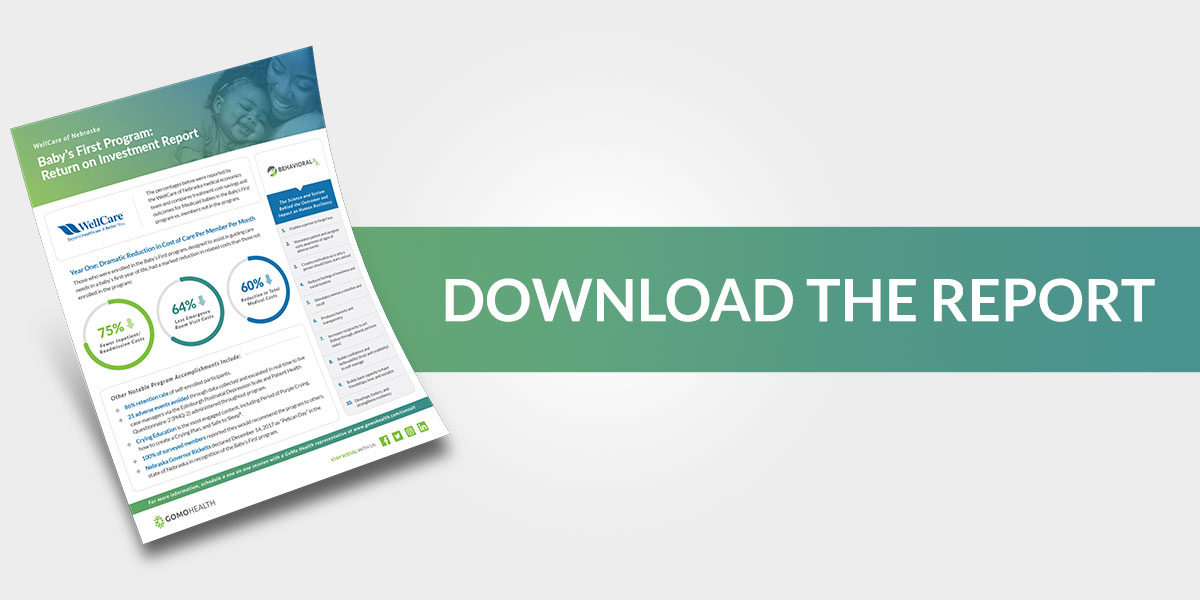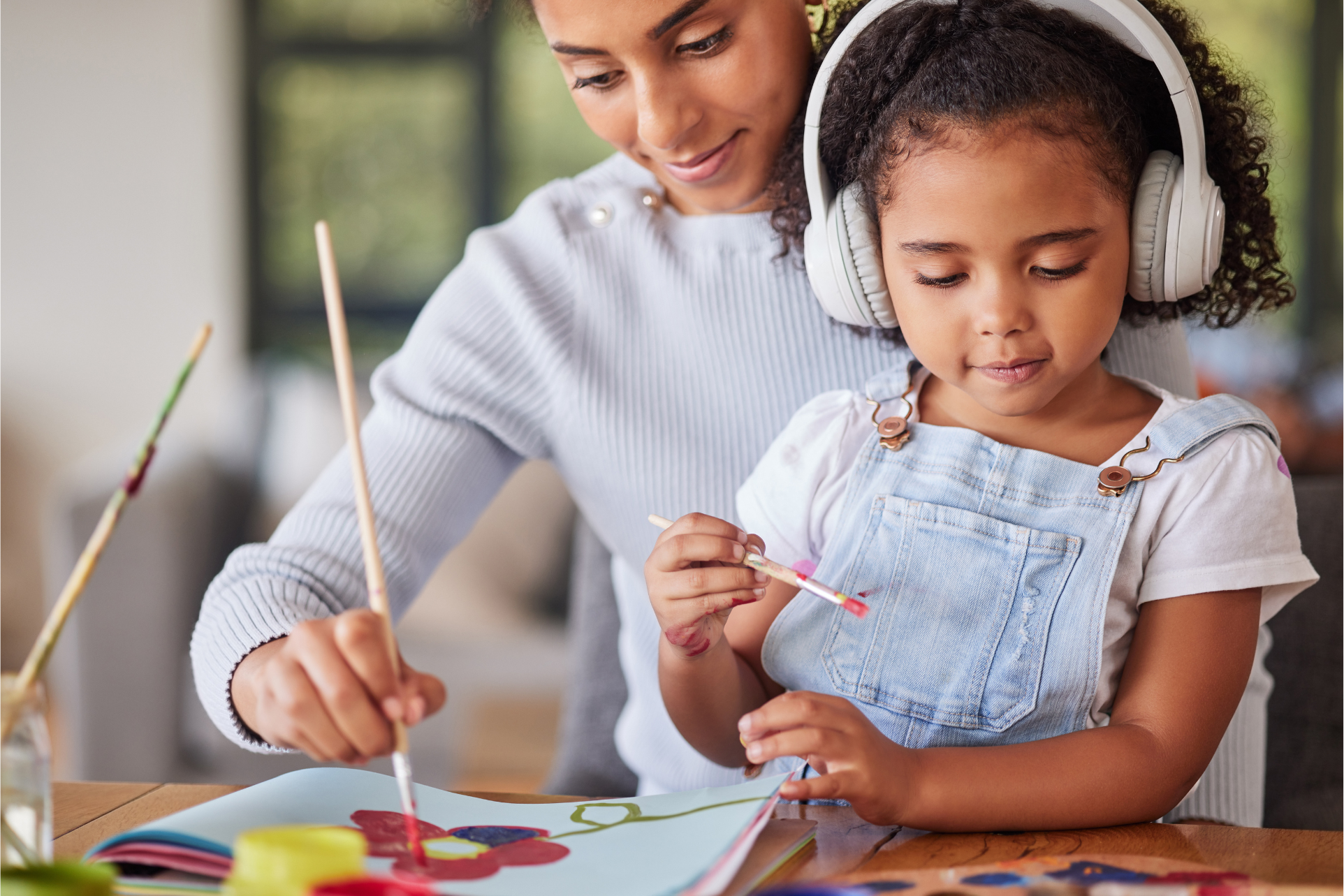Early Childhood Literacy: How Reading to Children Impacts Their Life
“The sun did not shine, it was too wet to play.
So we sat in the house all that cold, cold, wet day.
I sat there with Sally. We sat there, we two.
And I said, ‘How I wish we had something to do!’”
I continue to be amazed that I wrote the above from memory! Of course, they are the immortal opening lines from Dr. Seuss’ classic book, The Cat in the Hat. Having read these lines thousands of times to my six children, at one time I had virtually the whole book memorized! I used to love telling and retelling the story of the mischievous feline, doing voices and intonations and asking questions as I went along. Of course, the major question is, “would you have let the cat into the house?” Reading The Cat in the Hat was clearly as much fun for me as it was for my kids. These days I am more partial to Pete the Cat and his “it’s all groovy” philosophy, but I get the same enjoyment reading his books to my grandchildren. I am told that Pete the Cat is a rock star with the preschool and kindergarten set, but his books have valuable messages for all ages.
The value of reading to young children cannot be overemphasized. Many studies over the past 20 years show that spending time reading to preschool children is vital for boosting low-income children’s vocabularies, language development, sound awareness, and letter recognition abilities. According to the National Center for Education Statistics data, only 20 percent of 4-year-olds in poverty can recognize all 26 letters, compared with 37 percent of their peers at or above the poverty level.
According to the American Academy of Pediatrics, children introduced to reading early in life tend to read earlier and excel in school compared to children who are not exposed to language and books at a young age. Developing early literacy skills makes it easier for children to learn to read. Children who enter school with these skills have an advantage that carries with them throughout their school years. However, more than 1 in 3 American children enter Kindergarten without the skills they need to learn to read.
According to the American Academy of Pediatrics, children introduced to reading early in life tend to read earlier and excel in school compared to children who are not exposed to language and books at a young age.
Unfortunately, the ability to meaningfully read to children is not an innate talent. “Everyone feels like they know how to read a book to children,” says Karen Stoiber, PhD, of the University of Wisconsin–Milwaukee, “but in reality, many parents and teachers need coaching on how to ask questions as they go along to emphasize rhyming and to teach children how to follow words on the page.” Indeed, the process of coaching parents to help their child’s cognitive development should be part of a comprehensive educational process beginning in the prenatal period. Learning how to read to your child is an important part of this process.
One effective method for coaching parents in literacy development is Educare. GoMo EarlyCare is a maternal and child health program designed exclusively for health, language and literacy development. The solution delivers personalized guidance via mobile device to women or caregivers throughout pregnancy and baby’s early childhood through age 8.
Along with literacy development, GoMo EarlyCare also guides mom in:
- Learning progression
- Physical health
- Psychological wellness
- Emotional support
- Social skills and peer engagement







Find Us Online